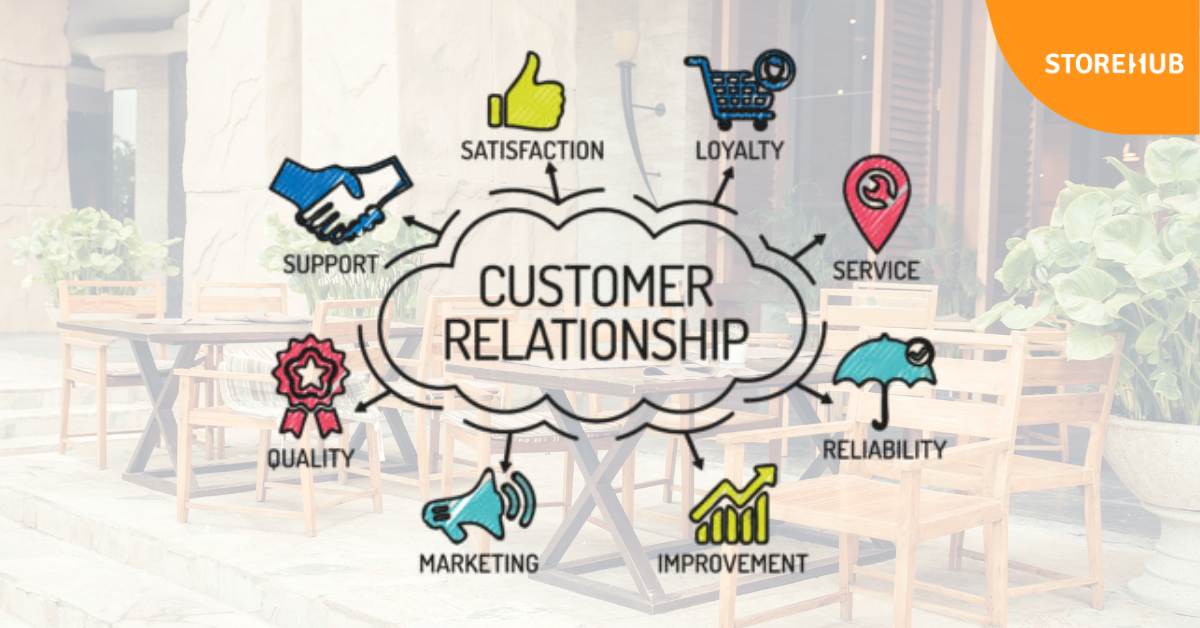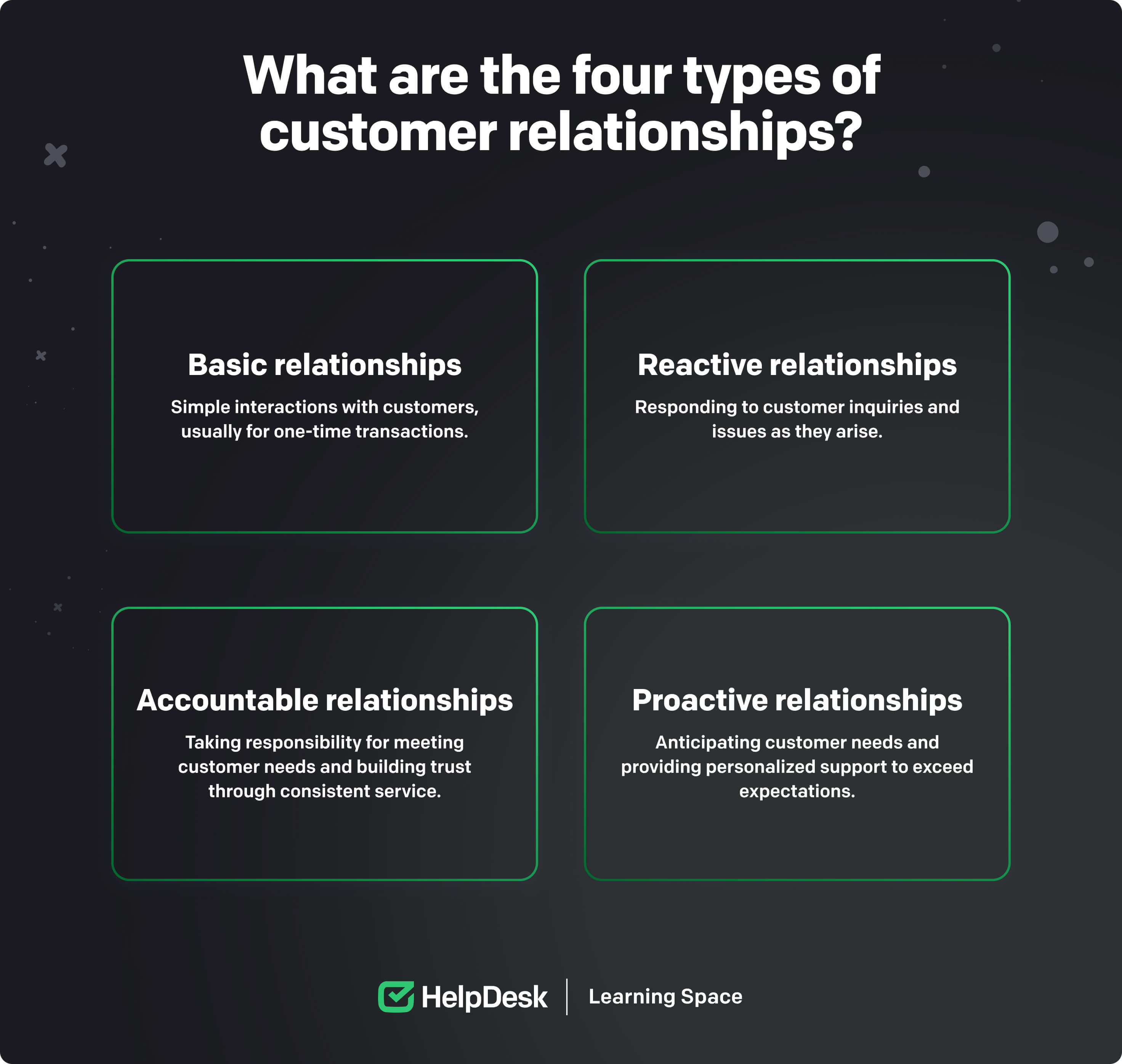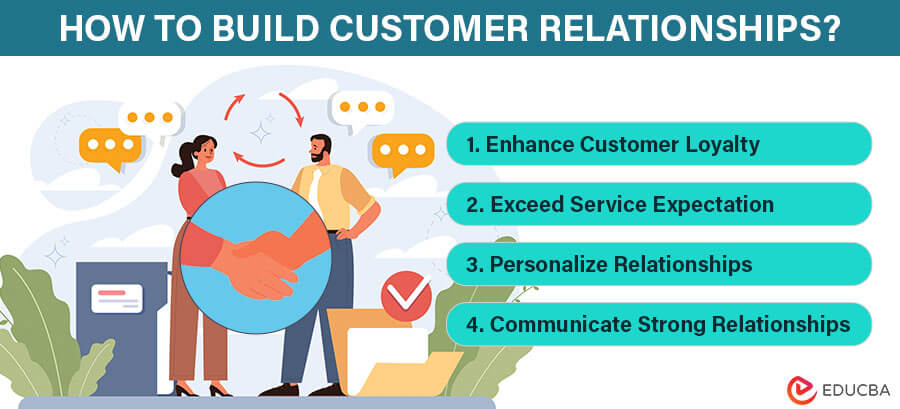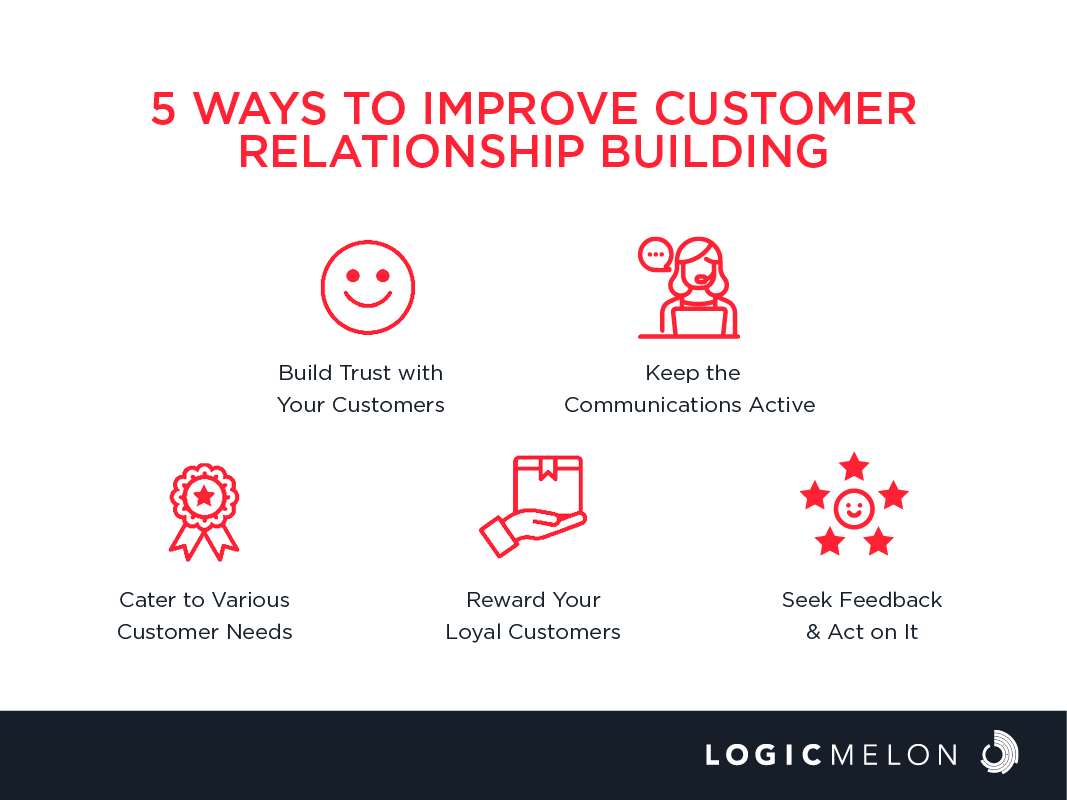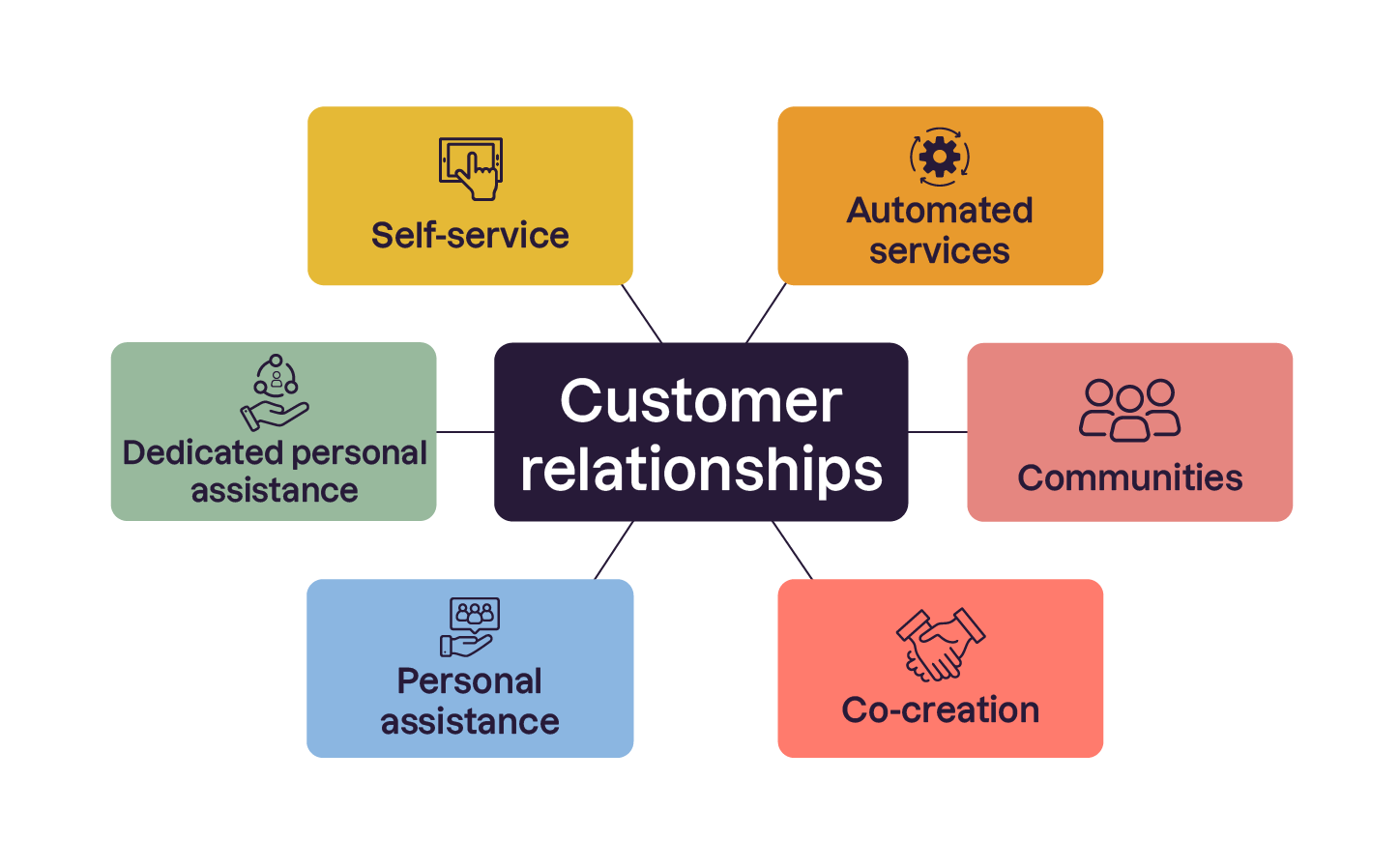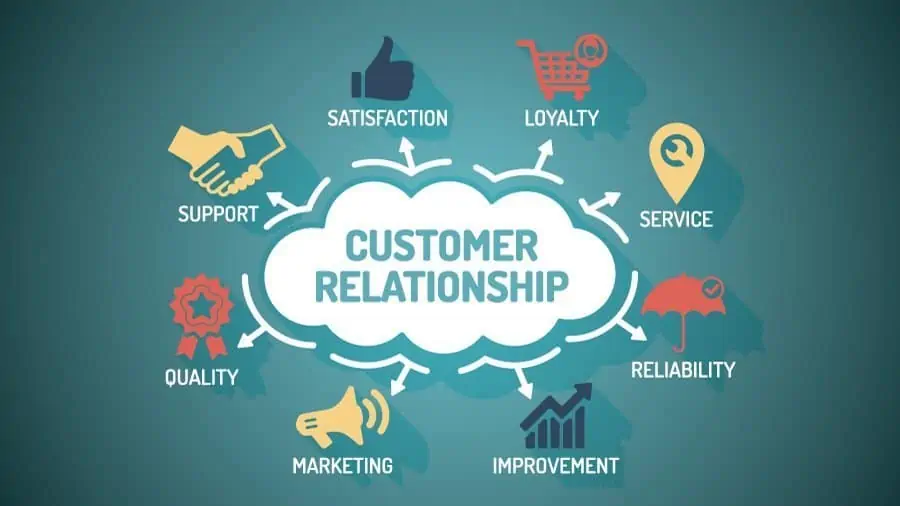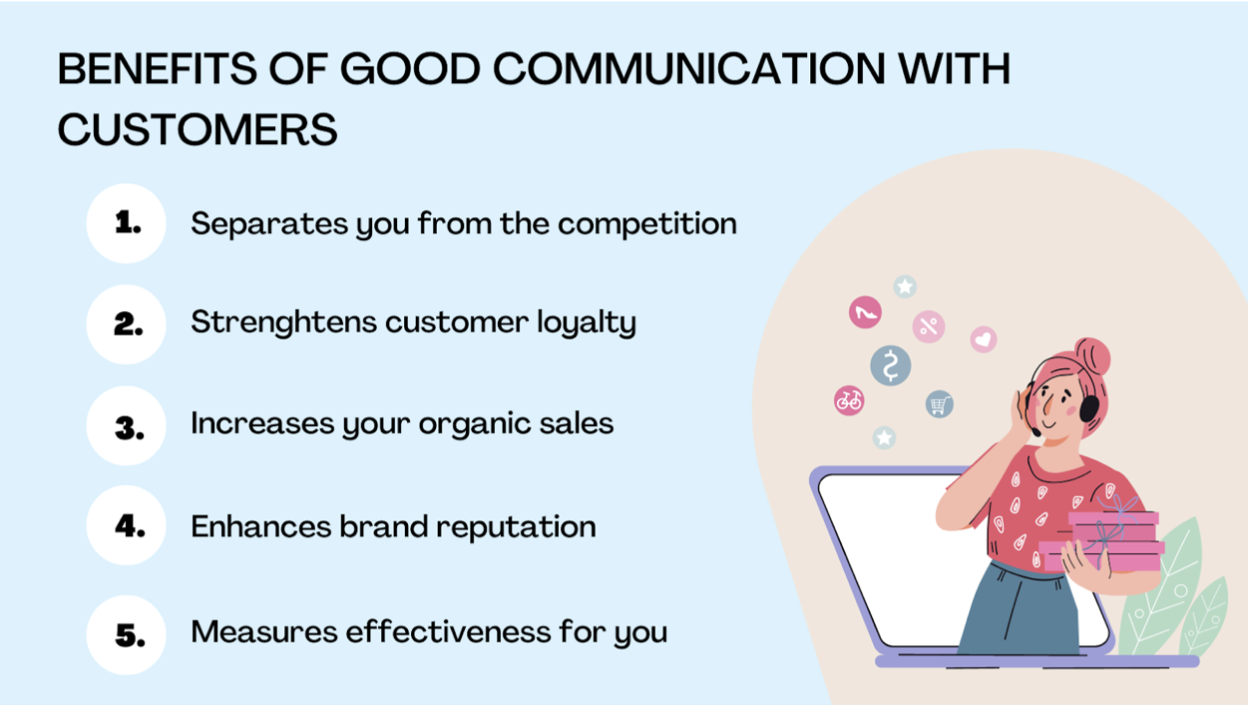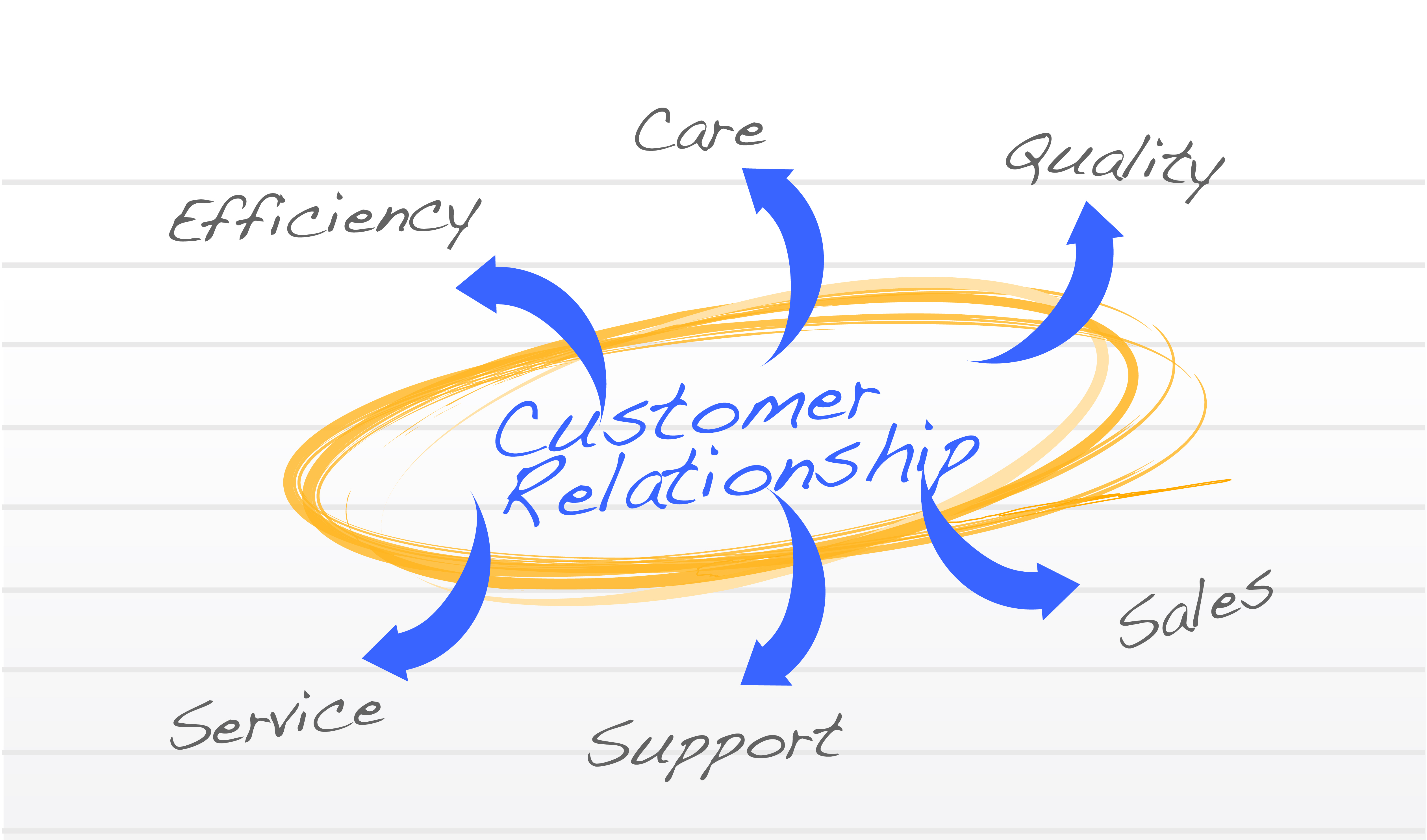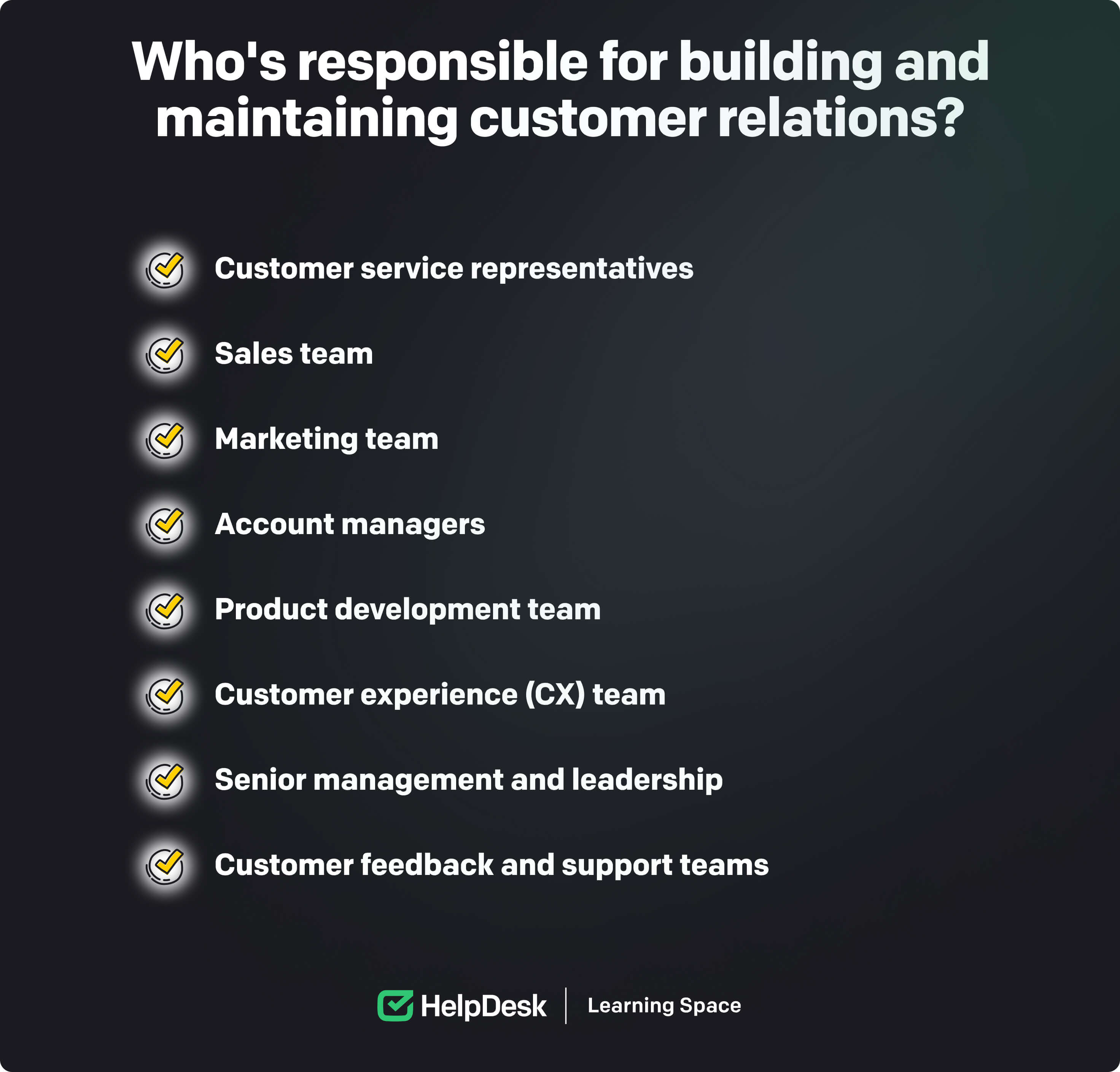Customer Service Building Relationships

The aroma of freshly brewed coffee mingled with the soft murmur of conversations filled the brightly lit cafe. Sunlight streamed through the large windows, illuminating faces etched with concentration and, occasionally, a flicker of frustration. A young woman meticulously explained the intricacies of a mobile app feature to an elderly gentleman, her voice patient and reassuring.
In today’s fast-paced world, where automated responses and impersonal interactions often dominate the customer experience, a growing number of businesses are recognizing the enduring value of building genuine relationships through customer service.
This shift emphasizes empathy, personalization, and a commitment to understanding customer needs beyond simple transactions.
The Roots of Relationship-Based Customer Service
The traditional model of customer service often focused on efficiency and resolving issues quickly. However, research indicates that customers crave more than just speedy resolutions; they desire to feel valued and understood. According to a Harvard Business Review study, customers who have an emotional connection with a brand are significantly more loyal and likely to recommend it to others.
This realization has prompted a return to the foundational principles of business: building trust and fostering long-term relationships.
Companies are now investing in training programs that equip employees with the skills to actively listen, empathize, and personalize interactions.
Personalization is Key
One crucial aspect of relationship-based customer service is personalization. Instead of relying on generic scripts, service representatives are encouraged to adapt their communication style and tailor solutions to individual customer needs. This might involve remembering past interactions, addressing customers by name, or proactively offering assistance based on their purchase history.
Salesforce research reveals that 84% of customers say being treated like a person, not just a number, is very important to winning their business.
Technology plays a vital role in enabling personalization. CRM systems, for example, provide customer service teams with a comprehensive view of each customer's history and preferences.
Empowering Employees
Another critical element is empowering customer service representatives to make decisions and resolve issues independently. When employees feel trusted and supported, they are more likely to go the extra mile for customers.
Zappos, the online shoe and clothing retailer, is a prime example of a company that has successfully implemented this approach. They famously allow their customer service representatives to spend as much time as necessary to resolve a customer's issue, even if it means sending a complimentary gift or processing a return beyond the standard policy.
This level of empowerment not only improves customer satisfaction but also boosts employee morale.
Beyond Transactions: Building Loyalty
The benefits of relationship-based customer service extend far beyond individual transactions. By fostering strong relationships, businesses can cultivate customer loyalty, reduce churn, and generate positive word-of-mouth referrals.
Loyal customers are more likely to make repeat purchases, spend more over time, and advocate for the brand to their friends and family.
Furthermore, building relationships with customers provides valuable insights into their needs and preferences, which can inform product development, marketing strategies, and overall business decisions.
"Customer service shouldn't just be a department, it should be the entire company." - Tony Hsieh, former CEO of Zappos.
This quote encapsulates the importance of embedding a customer-centric culture throughout the organization.
The Future of Customer Service
As technology continues to evolve, the human element of customer service will become even more critical. While AI-powered chatbots and automated systems can handle routine inquiries, complex issues and emotional support still require the empathy and judgment of a human being.
The most successful businesses will be those that can seamlessly integrate technology with human interaction, providing customers with personalized and responsive service across all channels.
Ultimately, building relationships through customer service is not just about resolving issues; it's about creating meaningful connections and fostering a sense of community around the brand.
Back in the cafe, the elderly gentleman smiled, understanding now dawning in his eyes. The young woman beamed back, her work far exceeding the bounds of a simple transaction. It was a connection, a small testament to the power of human interaction in a digital world.







